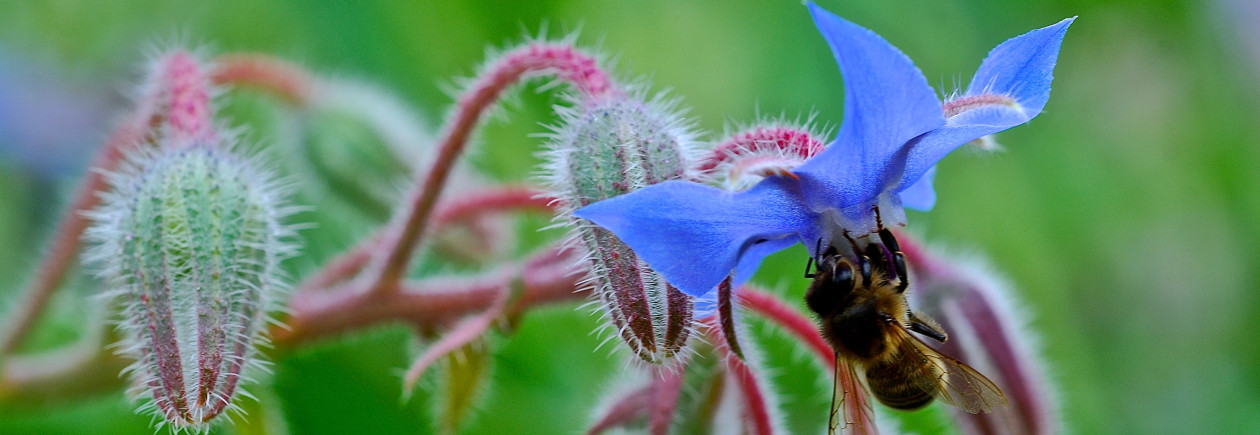With Mangetout Peas at your local greengrocer so expensive that they are practically priced per pod, there would seem to be a good cause for growing them at home they are also called Snow Peas in some parts of the world
Mangetout is French for “eat it all” and comes from the fact that the whole pea – including the pod – is eaten.
Interestingly the Mangetout peas you buy are unfrozen so until you have grown your own Mangetout you will never know the true amazing crunch and gorgeous sweet flavour. Perfect for eating raw in salads, gently steaming or using in stir fry’s.
To get the sweetest flavour, peas are best when picked young and cooked within 30 minutes of harvest, before the sugar has turned to starch. Supermarkets sometime offer the ‘convenience’ of pre-trimming them and all this achieves is to make them dry up quicker.
We have got used to our peas tasting fresh when we eat them and its due the modern techniques that are used to harvest them, they are harvested and frozen by the machine as it crops the Peas so they are perfectly fresh but this doesn’t happen with Mangetout as they cannot be picked in this way.
One of my favourite mange tout peas is ‘Carouby de Maussane’ – originating in Maussane near Avignon in France, this is a beautiful variety in every way. It is fantastic for culinary use, it produces vigorous vines 3-5ft tall. ‘Carouby de Maussane’ could merit its place in your flower border grown up obalisks or supports as the vines are covered with beautiful lavender and purple flowers and the leaf axils are stained with dark purple. The pods that are thin, flat and wide and grow to 12cm (5in) or so long, they are very sweet and tender. They are at their best harvested when the peas are barely showing, but remarkably they retain their flavour even when they reach a huge size and don’t develop any fibre layer at any stage. Best harvested when the peas are barely showing inside the pods.
It is fantastic for culinary use, it produces vigorous vines 3-5ft tall. ‘Carouby de Maussane’ could merit its place in your flower border grown up obalisks or supports as the vines are covered with beautiful lavender and purple flowers and the leaf axils are stained with dark purple. The pods that are thin, flat and wide and grow to 12cm (5in) or so long, they are very sweet and tender. They are at their best harvested when the peas are barely showing, but remarkably they retain their flavour even when they reach a huge size and don’t develop any fibre layer at any stage. Best harvested when the peas are barely showing inside the pods.
Mangetout freeze well so better to pick regularly and freeze any excess as this will keep the plants producing.
Sowing
Sow seeds from the beginning of April to mid-June for outside crops. I start mine in rootrainers or modual and protect from mice as they are notorious in ‘sniffing out’ seed of this nature! Interestingly once germinated Mice are not a problem
Planting
Peas require a sunny, position with well-drained but rich soil with a neutral pH, so if yours is at all acidic, the ground should be limed or apply calcified seaweed a few weeks before sowing.
If your No Dig growing topdressing with “greenwaste” compost can work very well. Plant out in double rows about 25cm apart, leaving 7.2cm between plants within the row and around 90cms between the double rows
Plants are tall upto 1.5m and need to be grown on a pea harp or along canes or netting or tradionally into ‘pea sticks’ and will take around 65 day to start to crop. To maintain the peas growth Water well if the weather is dry
Harvesting:
Regular picking is essential for a truly fresh pea. The more you harvest, the more they will produce. Pick from the bottom of the plant working upwards.
Over wintering
As the name snow peas would suggest you can
sow in September for overwintering in tunnels or greenhouses
Pests
Slugs and snails will cause damage to young plants
Protect young plants from pigeons with netting
Pheasants love young pea plants and will dig up the plants to eat the sprouted seed so take precautions (especially with Autumn sowings) if you have pheasants in your area.


